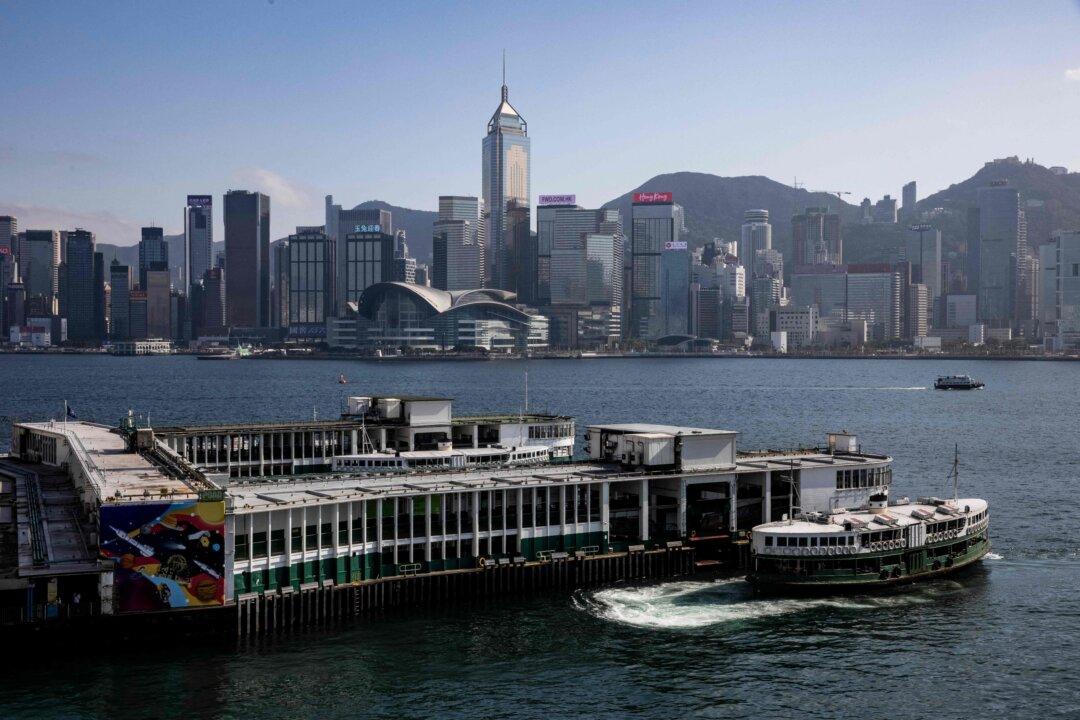Hong Kong’s global human freedom ranking has plummeted to 46th place, according to a recent study by the Fraser Institute.
The Human Freedom Index 2023 report, conducted in collaboration with the U.S.-based Cato Institute, highlights Hong Kong’s descent from its previous standing as the third-freest jurisdiction worldwide in 2010, a position determined by the thinks tanks. The study attributes this drop to the growing restrictions imposed by the Chinese regime on the international economic hub.





